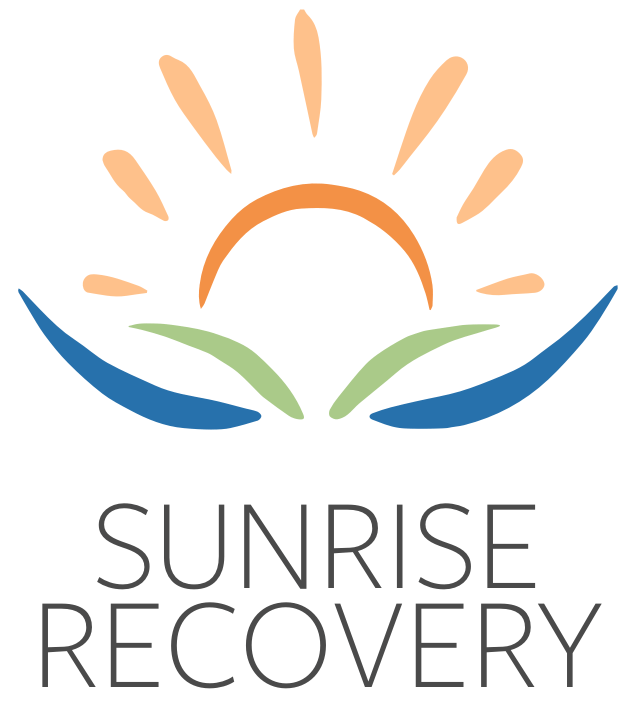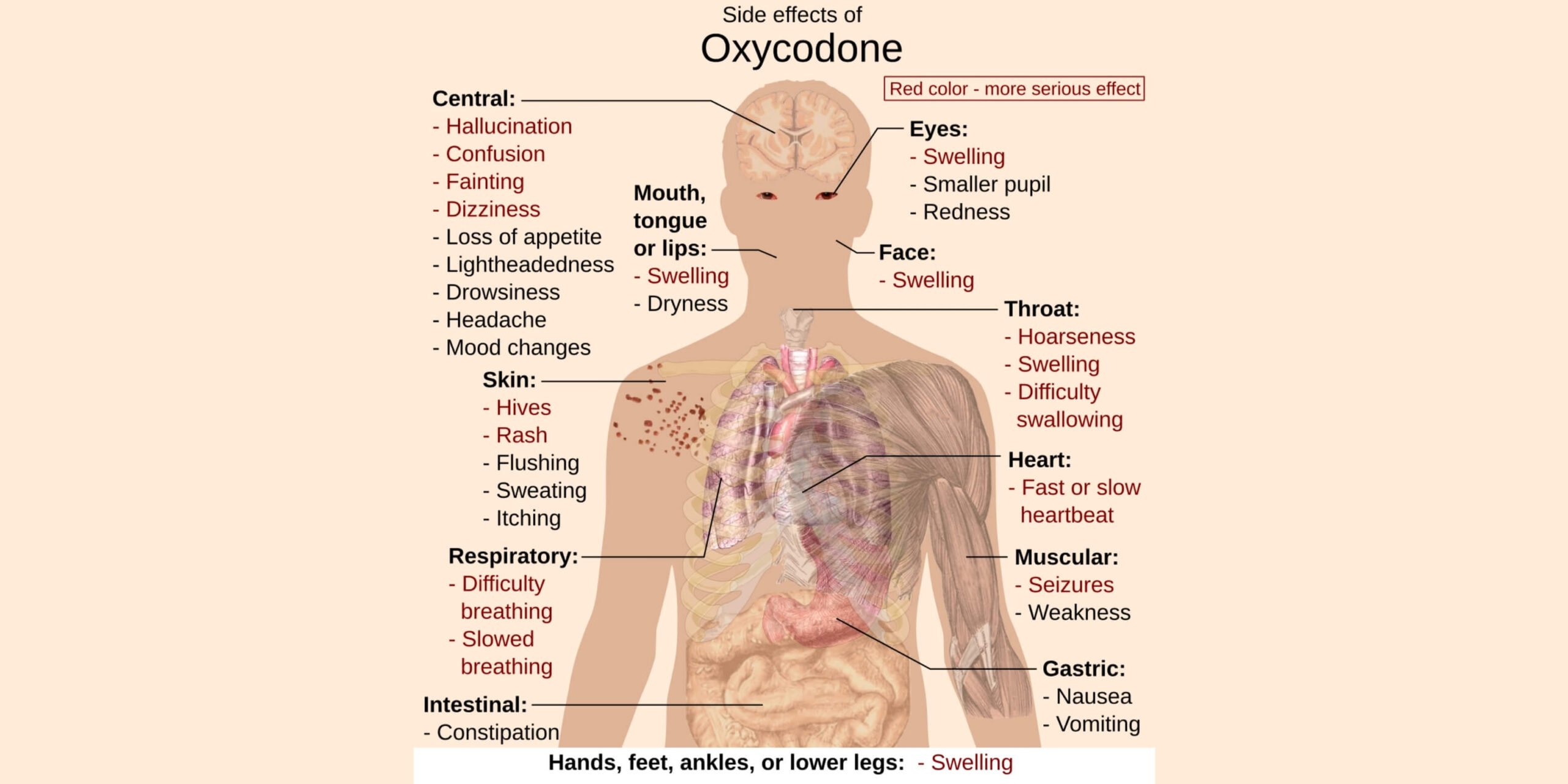In a world that often expects perfection, Demi Lovato’s sobriety stands as a powerful reminder that recovery is not a straight line. It’s an ongoing process filled with courage, setbacks, and renewal. The singer and advocate has long used her platform to open up about addiction, mental health, and healing.
Recently seen at the BoF500 Gala in Paris (October 4, 2025), Lovato’s continued presence in the public eye shows that healing is possible and that relapse or struggle doesn’t erase progress. Her story offers hope to anyone walking their own path toward recovery.
In this article, you’ll learn what it really means to be “sober sober,” how to recognize the warning signs of relapse, ways to support someone in recovery, and when it’s time to seek professional help.
Demi Lovato’s Journey: From Struggle to Strength
Long before fame, Demi’s life was marked by instability and emotional pain. Growing up with a father who battled addiction and mental illness, they were exposed early to the devastating effects of substance abuse. Alongside family turmoil came school bullying, body-image struggles, and the pressures of performing from a young age.
By 13, after being prescribed opiates following an accident, Demi began experimenting with substances. As fame grew through Disney and music success, so did the hidden battle. She was using drugs and alcohol as a way to numb anxiety and trauma. By 17, Demi had tried cocaine, describing their use as a form of self-medication.
In 2010, at just 18, Demi first entered treatment following years of battling addiction, mental health challenges, and the pressures of fame. For several years, Demi maintained sobriety, supported by therapy and a close recovery circle. Yet, as with many on this journey, maintaining it wasn’t easy. After six years clean, Demi relapsed, which is an experience that reinforced how recovery is rarely linear.
In June 2018, Demi released the haunting single Sober, a heartbreaking confession that she had relapsed after years of sobriety. Her struggle reached a devastating peak when she suffered a near-fatal overdose that sent her back into intensive treatment. The event became a turning point. Choosing life and honesty, Demi re-entered treatment and began rebuilding, but this time with deeper self-awareness.
Today, Demi continues to advocate for mental health and addiction awareness, reminding others that healing is ongoing and that recovery doesn’t demand perfection, only perseverance.
What Does “Sober Sober” Really Mean?
In 2021, Lovato rejected the term “California sober,” which means moderation rather than abstinence. She later revealed that she had embraced full sobriety — what she called being “sober sober.” This change reflected a deeper understanding of recovery and the risks of maintaining partial sobriety. Lovato’s openness about this evolution emphasizes a vital truth: recovery is deeply personal, and growth often means reassessing what works best for one’s mental, emotional, and physical health.
Recognizing the Warning Signs of Relapse
Relapse does not mean failure. It’s often part of the recovery journey. But recognizing the signs early can help prevent a deeper setback. Some common warning signs of relapse include:
- Withdrawing from friends, family, or support meetings
- Neglecting coping tools or therapy
- Experiencing emotional overwhelm or stress
- Romanticizing past substance use
- Reconnecting with old triggers and environments
When these signs appear, it’s important to reach out for help immediately, whether to a counselor, a sponsor, or a treatment center. Support is always available, and taking early action can make all the difference.
How to Support Someone in Recovery
If someone you love is walking the road to sobriety, your understanding and compassion matter more than you may realize. Here are a few ways to help:
- Listen without judgment. Allow them to express what they’re going through without pressure.
- Encourage professional help. Recovery thrives when guided by evidence-based care.
- Be patient. Healing takes time, and setbacks don’t erase progress.
- Celebrate milestones. Acknowledging small victories builds hope and motivation.
When to Seek Professional Help
If you or someone you love is struggling to maintain sobriety, professional treatment can provide the structure, accountability, and compassionate care needed for long-term success.
Seek help if you notice:
- Difficulty controlling alcohol or drug use despite wanting to cut back
- Cravings that interfere with daily life or responsibilities
- Withdrawal symptoms when reducing or stopping use
- Impacted relationships, work, or physical and mental health
- Repeated relapses or unsuccessful attempts to quit on your own
Evidence-based programs offer tools to safely manage withdrawal, prevent relapse, and build healthy coping strategies. Early intervention improves outcomes and supports lasting recovery.
Ready to Begin Your Own Recovery Journey?
Sunrise Recovery offers inpatient and outpatient programs in Clarksville, Jeffersonville, and Lafayette, Indiana, tailored to meet individuals where they are in their journey.
Our programs include:
Contact Sunrise Recovery today or verify your insurance to take the first step toward healing in a supportive, understanding environment.
FAQs on Sobriety and Recovery
Mood changes, skipping therapy, isolation, or romanticizing substance use can all be early warning signs.
It refers to abstaining from most substances while still using drugs or alcohol in moderation.
It refers to complete abstinence from all drugs and alcohol and emphasizes commitment to long-term recovery and wellness.
Yes. While relapse isn’t inevitable, it can serve as a valuable learning opportunity that strengthens long-term commitment to sobriety.
Respond with compassion, listen without judgment, encourage professional help, and remind them that recovery is always possible.
If you or someone you care about is struggling with addiction, please contact the SAMHSA Helpline at 1-800-662-HELP (4357).







